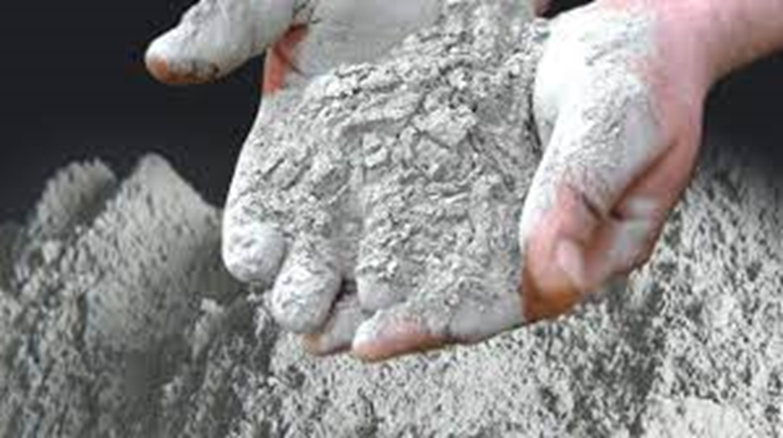What is Cement?
CEMENT
Cement
or cementitious material
generally refers to a material with adhesive and cohesive properties which make
it capable of bonding minerals fragments into a compact whole.
The term "cement"
in construction is restricted to the bonding
materials used with stones, sand, bricks, building stones, etc. The principal
constituents of this type of cement are compounds of lime, so that in building
and civil engineering we are concerned with calcareous
cements.
Hydraulic
cements have the
property of setting and hardening under water by virtue of a chemical reaction
with it. These are the cements of interest in the making of concrete. They
consist mainly of silicates and aluminates of lime. Broad classification of
hydraulic cements; Natural cements, Portland cements, High-alumina cements
'Pozzolanic
cements' generally
refers to cements obtained simply by grinding of naturals materials at normal
temperatures
Pozzolana: a siliceous or siliceous + aluminous material which possesses little or no cementitious value but will, in finely divided form and in the presence of moisture, chemically react with calcium hydroxide at ordinary temperatures to form compounds possessing cementitious properties.
Portland
cements ... The name
"Portland cement" given originally due to the resemblance of the
colour and quality of the hardened cement to Portland stone – Portland Island
in England. The definition of Portland cement is a kind of cement obtained by intimately mixing calcareous and
argillaceous, or other silica-, alumina-, and iron oxide bearing materials,
burning them at a clinkering temperature, and grinding the resulting clinker. Gypsum
is added after burning i.e., during grinding the clinker.





Comments
Post a Comment